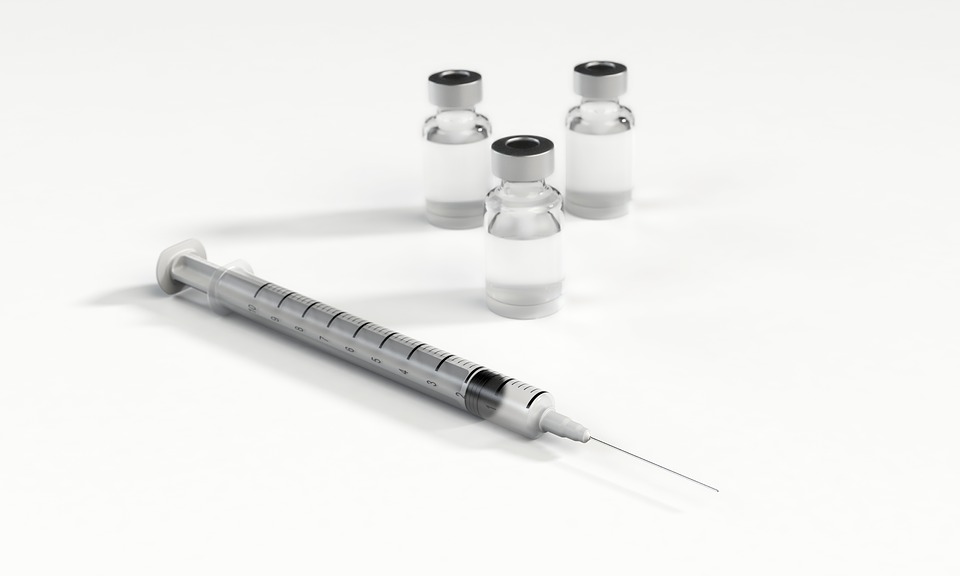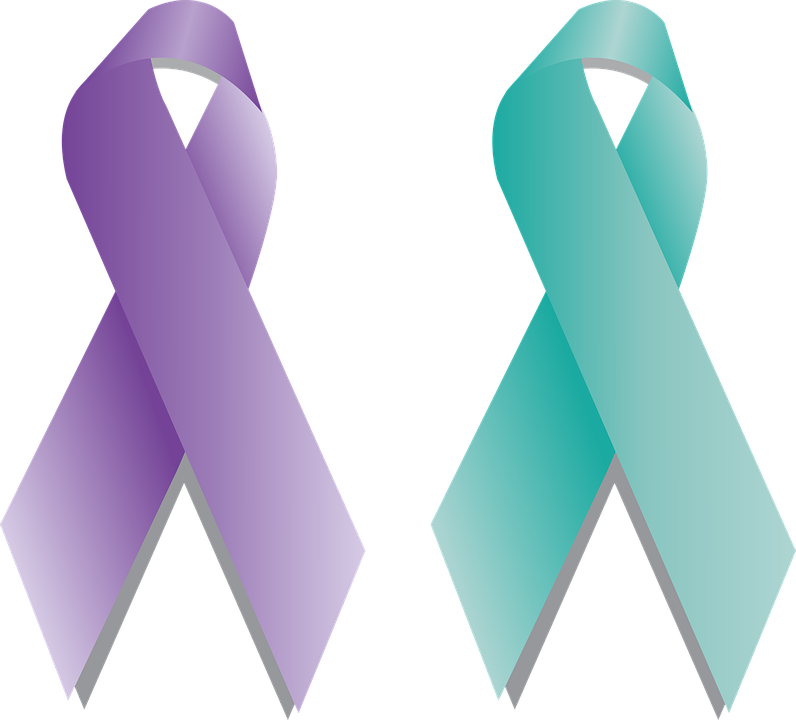Cervical cancer used to be the major cause of death for women until Dr.George Papanicolaou invented the Pap test in 1940. In this simple test, cells are collected from the cervix and is analysed under a microscope. This test reduced the death rate caused by cervical cancer by over 50 per cent.
Good news is that regular screening and follow-up care can avoid most deaths from cervical cancer. The Health Care Reform act covers the screening of cervical cancer, as a part of the “well-woman visits.”
As it generally takes many years for the normal cells in the cervix to turn into cancer cells, it is vital to get regular screenings, either with an HPV test or Pap test or in fact, both.

Rarely diagnosed in ladies younger than 20 years, cervical cancer mostly occurs in midlife. Yet, several older ladies do not realize the danger still exists as they keep growing old. In fact, over 15 per cent of cervical cancer cases occur in women who are more than 65 years of age.
Though the death rate has dropped considerably, women are still dying because of this disease. The American Cancer Society estimated that nearly 12,900 women in the United States were diagnosed with cervical cancer in 2015 and nearly 4,000 would lose their life.
Human papillomavirus (HPV), which spreads through sexual contact, causes cervical cancer. Fortunately, most female’s bodies can fight the HPV infection before it causes cancer. But your risk of cervical cancer increases if you smoke, have had too many kids, use birth control pills for a long period or suffer from HIV.
Young women and girls should consider getting the HPV vaccine, which can protect against various kinds of virus, include some of those that cause cancer. The vaccination is effective only before an infection is contracted, so professionals recommend that boys and girls get vaccinated before they become sexually active. It is advised by experts that the vaccines should start the age of 11 or 12, though it may start at a younger age or later.
Even if you have been vaccinated, you must continue the regular cervical cancer screenings, as the vaccine does not protect against all HPV cancer-causing strains. What is equally important for you is to be aware of the warning signs of cervical cancer, which may not show any symptoms at first, but later, it may affect you with vaginal bleeding or pelvic pain.

Here are a few signs of cervical cancer:
- Bleeding post intercourse
- Bleeding after menopause
- Bleeding after a pelvic examination
- Bleeding between the periods
- Heavy menstrual periods than normal ones
- Pain during sex
- Unusual discharge from the vagina
- Pain in the pelvic area
Of course, just because you are suffering from any of these symptoms does not certainly mean you are suffering from cervical cancer. The symptoms could be caused by several other conditions. One of them is an infection. But it is better to schedule an appointment with your health care professional to get a full check-up.
The screening guidelines for cervical cancer can be a bit confusing. Most of the major health organizations no longer suggest yearly screening, but it is significant to know what is right for your age and risk factors.

